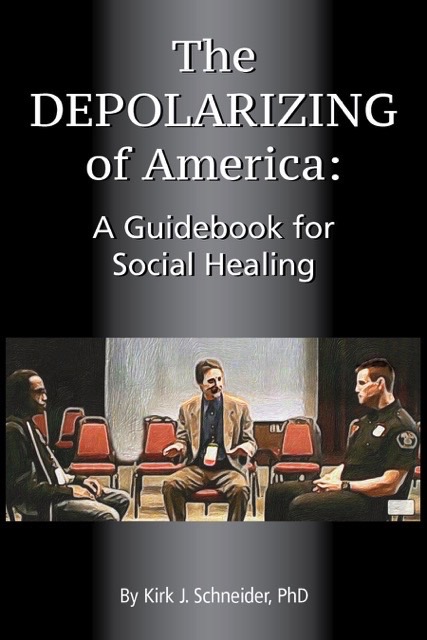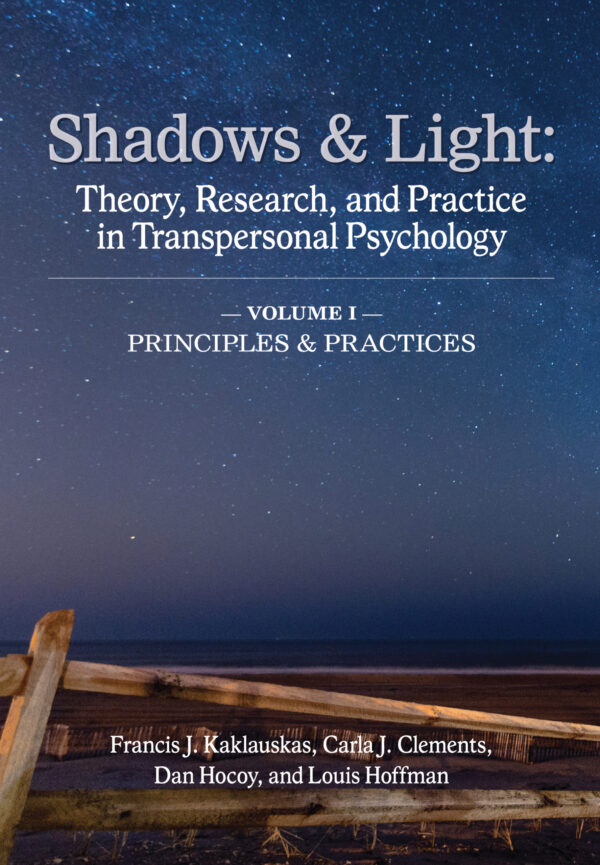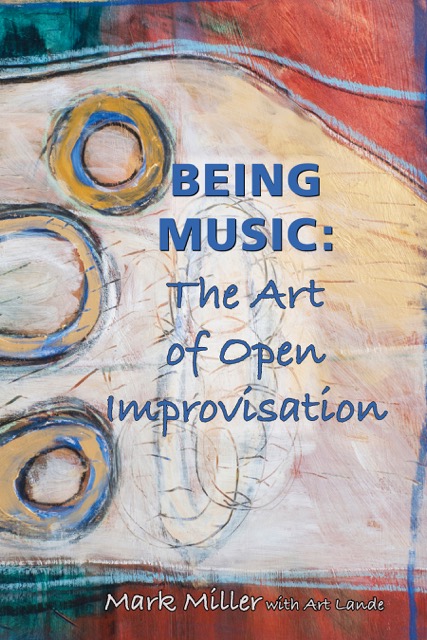Reviews
With the contemporary renaissance of humanistic psychology being seen everywhere in research and practice, this book couldn’t be more timely. But it is more than timely, it is highly innovative with most chapters having a grad student as first author coupled with a senior scholar/mentor; it covers much humanistic work not seen in the standard brief coverage of introductory psychology textbooks; and perhaps best of all, it’s written to understand, in clear uncluttered prose. If you have any interest in learning about humanistic psychology, or are a teacher or professor choosing a course textbook, start here.
Frank Farley, Ph.D., Former President, American Psychological Association, and Past President of Division 32: The Society for Humanistic Psychology.
This is one of those rare volumes that will be useful for professionals, students, and the public. Sophisticated notions are presented accurately, clearly, and helpfully. The volume can be used as a primary textbook or as an adjunctive resource for a range of courses. It is also exemplar of productive professor-graduate student collaboration.”
Constance T. Fischer, PhD, ABPP; Professor Emerita, Duquesne University, Past President Division 32: the Society of Humanistic Psychology, author of Individualizing Psychological Assessment: A Collaborative and Therapeutic Approach
“This is a timely and valuable text for students in humanistic psychology. It explains in accessible language the reasons why this movement in psychology became the third force in the sixties and continues to inspire us today.”
Louise Sundararajan, Ph.D., Ed.D., Past president, Division 32: The Society for Humanistic Psychology, founder of the Indigenous Psychology Task Force.
Unlike typical psychology books that treat psychology as a STEM science, this book introduces psychology students to a group of thinkers who espouse a humanistic perspective and respect a deep and rich philosophical understanding of the concept of personhood.
Amedeo P. Giorgi, Ph.D. Past president, Division 32: The Society for Humanistic Psychology, author of The Descriptive Phenomenological Method in Psychology: A Modified Husserlian Approach
“Humanistic Contributions for Psychology 101 is a landmark introduction to the theory, practice, and research of contemporary humanistic psychology. With its clear and flowing language, vital student contributions to chapters, and emerging generation of humanistic psychology scholars, Humanistic Contributions is a critical gateway to the riches and relevance of the humanistic revitalization of psychology. I hope many students will read this book and then go on to sample the treasure-trove of humanistic scholarship, both classic and cutting edge, that awaits them.”
Kirk Schneider, PhD, President (2015-2016) of Division 32: the Society of Humanistic Psychology of the American Psychological Association; adjunct faculty, Saybrook University and Teachers College, Columbia University; and Vice President of the Existential-Humanistic Institute.






